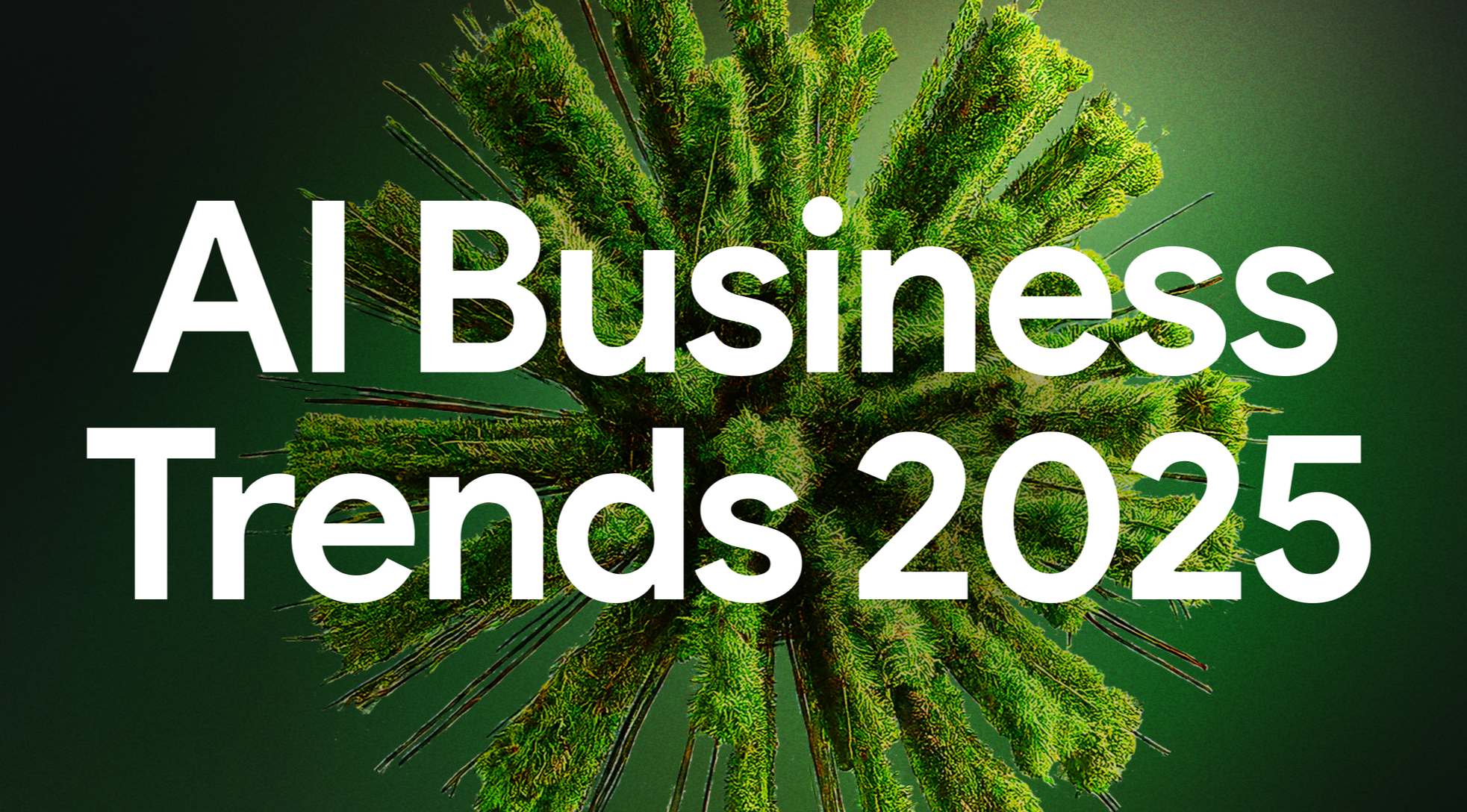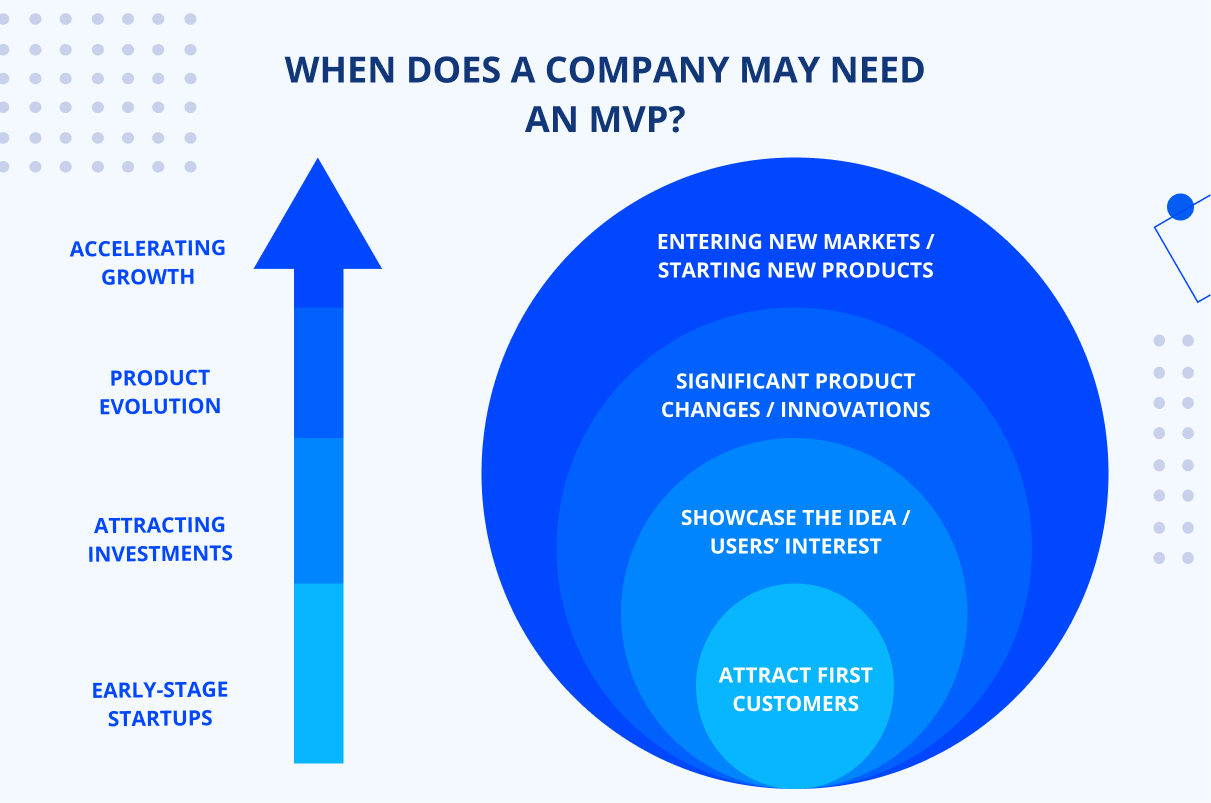Services
Back
Engineering
Build scalable, high-performance software with end-to-end development.
Product Strategy & Innovation
From concept to launch—expert strategy for market-ready products.
Quality Assurance & Testing
Ensure reliability with rigorous testing and quality assurance.
Cloud Engineering
Optimize infrastructure with cloud solutions and automated workflows.
Industries
Back
Fintech
Tailored fintech systems, from digital banking APIs to fraud detection tools.
Education
Custom EdTech platforms for schools, universities, and e-learning innovators.
Healthcare
HIPAA-compliant custom systems for telemedicine, EHRs, and medical research.
Government
Secure, scalable platforms for public services and infrastructure management.
About Us
Back
About Us
Innovative software development tailored to your needs. Meet the team behind the tech
Careers
Join our talented team. Grow your skills in a dynamic, forward-thinking environment.
How we deliver
Agile, efficient and client-focused. See our process from idea to execution.
Partners
Collaborating with industry leaders to bring you cutting-edge solutions.
June 05, 2025
The complete guide to AI in 2025: transforming business through intelligent technology

Artificial Intelligence has reached an unprecedented inflection point in 2025, fundamentally reshaping how businesses operate, innovate, and compete in the global marketplace. As we navigate through this transformative year, AI technologies are no longer experimental additions to business strategy—they've become essential infrastructure for companies seeking sustainable growth and competitive advantage.
The current state of AI in 2025: a landscape transformed
The AI ecosystem in 2025 represents a dramatic evolution from previous years, characterized by several key developments that are driving widespread adoption across industries. Large Language Models (LLMs) have matured beyond simple text generation, now powering sophisticated business applications that can understand context, generate code, analyze complex data, and make strategic recommendations with remarkable accuracy.
Generative AI has emerged as the cornerstone technology, with applications extending far beyond content creation. Organizations are leveraging generative AI for product design, software development, customer service automation, and strategic planning. Technology’s ability to create, modify, and optimize content across multiple formats has revolutionized creative workflows and accelerated innovation cycles.
Machine learning algorithms have become more accessible and powerful, enabling smaller businesses to implement AI solutions that were previously exclusive to tech giants. Cloud-based AI services have democratized access to sophisticated machine learning capabilities, allowing companies to integrate AI functionality without massive infrastructure investments.
Revolutionary AI trends shaping 2025
Autonomous AI agents and workflow automation
One of the most significant trends in 2025 is the rise of autonomous AI agents capable of performing complex tasks with minimal human intervention. These intelligent systems can navigate multi-step processes, make decisions based on real-time data, and adapt their behavior based on changing circumstances.
Businesses are deploying AI agents for customer support, where they can handle intricate inquiries, escalate issues appropriately, and learn from each interaction to improve future responses. In software development, AI agents are writing code, conducting tests, and even managing deployment processes, significantly reducing development time and improving code quality.
Multimodal AI systems
The integration of text, image, audio, and video processing capabilities into unified AI systems has created unprecedented opportunities for businesses. Multimodal AI can analyze customer interactions across multiple channels, understand sentiment through voice analysis, process visual content for quality control, and generate comprehensive reports that combine insights from various data sources.
This convergence is particularly powerful in industries like healthcare, where AI systems can analyze medical images, interpret patient records, and provide diagnostic recommendations by combining multiple data types. In retail, multimodal AI enables personalized shopping experiences that consider visual preferences, text-based feedback, and behavioral patterns.
AI-Powered Decision Intelligence
Advanced analytics and predictive modeling have evolved into sophisticated decision intelligence platforms that can process vast amounts of structured and unstructured data to provide actionable insights. These systems go beyond traditional business intelligence by incorporating real-time data streams, external market indicators, and predictive models to recommend optimal business strategies.
Companies are using decision intelligence for supply chain optimization, financial planning, market expansion strategies, and risk management. The ability to simulate various scenarios and predict outcomes has become crucial for strategic planning in an increasingly volatile business environment.
Business applications driving ai adoption
Customer experience enhancement
AI-powered customer experience platforms are revolutionizing how businesses interact with their clients. Natural language processing enables a more nuanced understanding of customer needs, while predictive analytics helps anticipate customer behavior and preferences. Chatbots and virtual assistants have evolved to handle complex queries, process transactions, and provide personalized recommendations.
Personalization engines use machine learning to analyze customer behavior patterns, purchase history, and engagement metrics to deliver tailored experiences across all touchpoints. This level of customization has proven to increase customer satisfaction, retention rates, and lifetime value significantly.
Operational efficiency and process optimization
AI is streamlining business operations across all sectors through intelligent automation and process optimization. Robotic Process Automation (RPA) combined with AI capabilities can handle routine tasks, data entry, and workflow management with greater accuracy and efficiency than traditional methods.
Predictive maintenance powered by AI algorithms helps businesses reduce downtime, optimize resource allocation, and extend equipment lifespan. Manufacturing companies are using AI to monitor production lines, predict quality issues, and optimize supply chain logistics in real-time.
Data-Driven innovation and product development
AI is accelerating innovation cycles by enabling rapid prototyping, testing, and iteration. Machine learning algorithms can analyze market trends, customer feedback, and competitive intelligence to identify opportunities for new products and services.
In software development, AI-assisted coding tools are improving developer productivity and code quality. These tools can generate code snippets, suggest optimizations, and identify potential security vulnerabilities, allowing development teams to focus on higher-level architecture and creative problem-solving.
Strategic implementation considerations for businesses
Building AI-ready infrastructure
Successful AI implementation requires robust data infrastructure, cloud computing capabilities, and integration frameworks that can support AI workflows. Organizations must invest in data quality management, ensuring that AI systems have access to clean, relevant, and comprehensive datasets.
Security and privacy considerations have become paramount as AI systems handle sensitive business and customer data. Implementing proper governance frameworks, access controls, and compliance measures is essential for maintaining trust and meeting regulatory requirements.
Talent development and organizational change
The AI transformation requires significant investment in human capital development. Organizations need to upskill existing employees while recruiting AI specialists who can design, implement, and maintain AI systems. This includes data scientists, machine learning engineers, AI ethics, and business analysts who can bridge the gap between technical capabilities and business requirements.
Change management becomes crucial as AI implementation often requires restructuring workflows, redefining roles, and establishing new performance metrics. Successful organizations focus on cultural transformation alongside technical implementation.
Measuring AI ROI and performance
Establishing clear metrics for AI success is essential for justifying investments and optimizing performance. Key performance indicators should include both quantitative measures like cost savings, efficiency gains, revenue increases, as well as qualitative metrics such as customer satisfaction, employee engagement, and innovation velocity.
Regular assessment and optimization of AI systems ensure they continue to deliver value as business requirements evolve. This includes monitoring model performance, updating training data, and refining algorithms based on real-world results.
Industry-specific AI applications
Healthcare and Life Sciences
AI is transforming healthcare through diagnostic imaging, drug discovery, personalized treatment plans, and administrative automation. Machine learning models can analyze medical images with accuracy that matches or exceeds human specialists, while natural language processing helps extract insights from medical records and research literature.
Financial Services
The financial sector is leveraging AI for fraud detection, algorithmic trading, credit scoring, and regulatory compliance. AI systems can process millions of transactions in real-time, identifying suspicious patterns and preventing fraudulent activities while maintaining seamless customer experiences.
Manufacturing and Supply Chain
Smart manufacturing powered by AI enables predictive maintenance, quality control, and production optimization. Supply chain management benefits from AI-driven demand forecasting, inventory optimization, and logistics planning that can adapt to changing market conditions.
Retail and E-commerce
AI is revolutionizing retail through personalized recommendations, dynamic pricing, inventory management, and customer service automation. Visual search capabilities and augmented reality applications are creating new shopping experiences that bridge online and offline retail.
Outlook and Emerging Opportunities
As we progress through 2025, several emerging trends are positioning AI for an even greater impact. Edge AI computing is bringing intelligence closer to data sources, reducing latency and improving real-time decision-making capabilities. Quantum machine learning, while still in early stages, promises to solve complex optimization problems that are currently beyond the reach of classical computers.
The integration of AI with Internet of Things (IoT) devices is creating intelligent ecosystems that can monitor, analyze, and optimize physical environments automatically. This convergence is particularly promising for smart cities, industrial automation, and environmental monitoring applications.
AI in 2025 represents more than a technological upgrade—it's a fundamental shift in how businesses create value, serve customers, and compete in the marketplace. Organizations that successfully integrate AI into their operations, culture, and strategic planning will be positioned to thrive in an increasingly digital economy.
The key to success lies in approaching AI implementation strategically, focusing on business outcomes rather than technology for its own sake. By understanding the current landscape, identifying relevant applications, and building the necessary infrastructure and capabilities, businesses can harness the transformative power of AI to drive growth, innovation, and competitive advantage.
As AI continues to evolve at an unprecedented pace, staying informed about emerging trends, best practices, and implementation strategies will be crucial for business leaders. The companies that embrace AI thoughtfully and strategically today will be the ones that define the future of their industries tomorrow.
For businesses ready to embark on their AI journey, the opportunities in 2025 are limitless. The question is not whether to adopt AI, but how quickly and effectively can you integrate it into your business strategy to unlock its full potential.
If you're interested in knowing how Idealdevs can help you implement AI solutions tailored to your business needs, don't hesitate to contact us. Our team of AI specialists and developers can guide you through every step of your AI transformation journey.
Related Content
Industries
Technologies
Company
Resources
- Terms of use |
- Privacy policy |
- Sitemap







